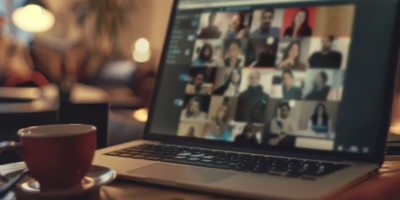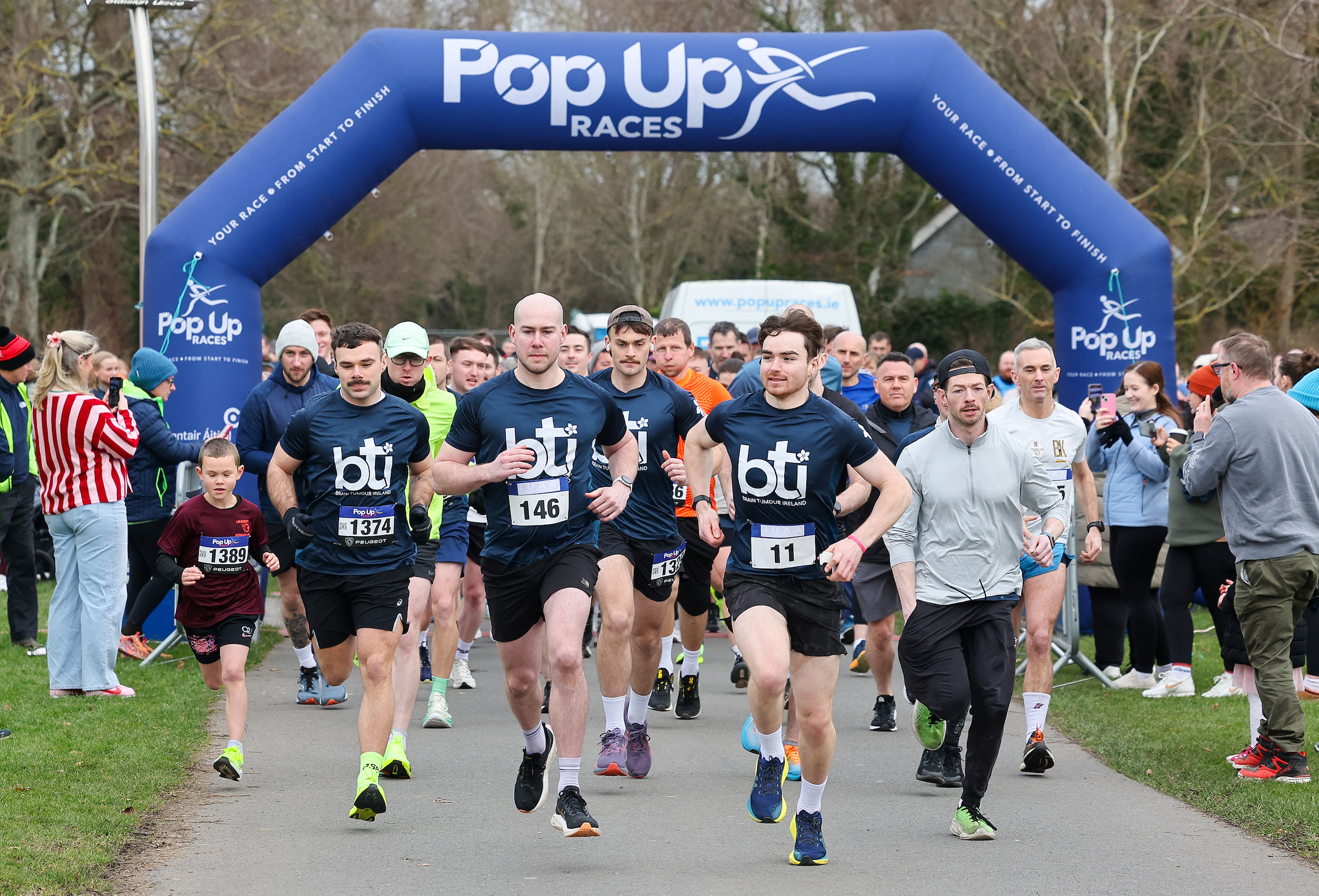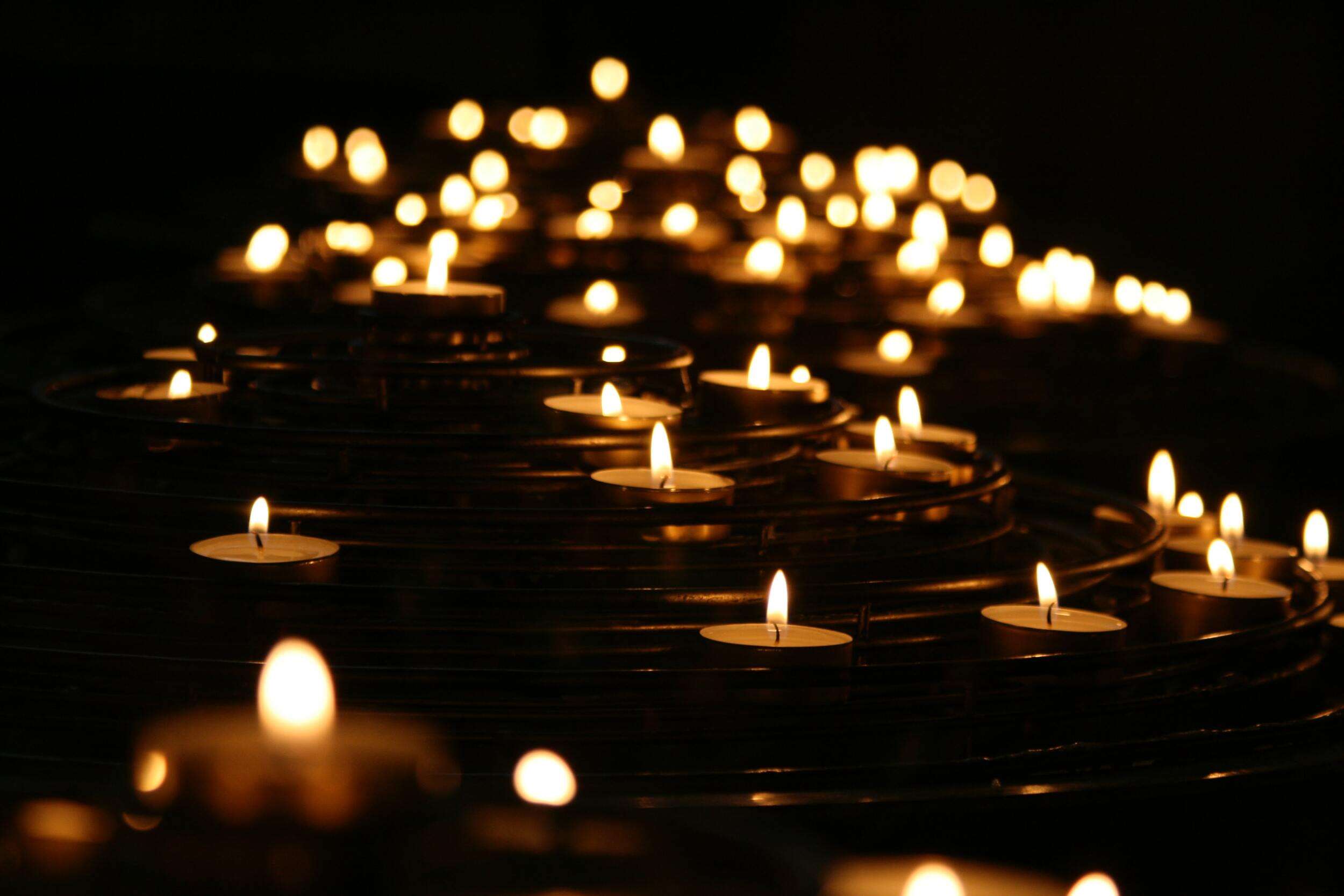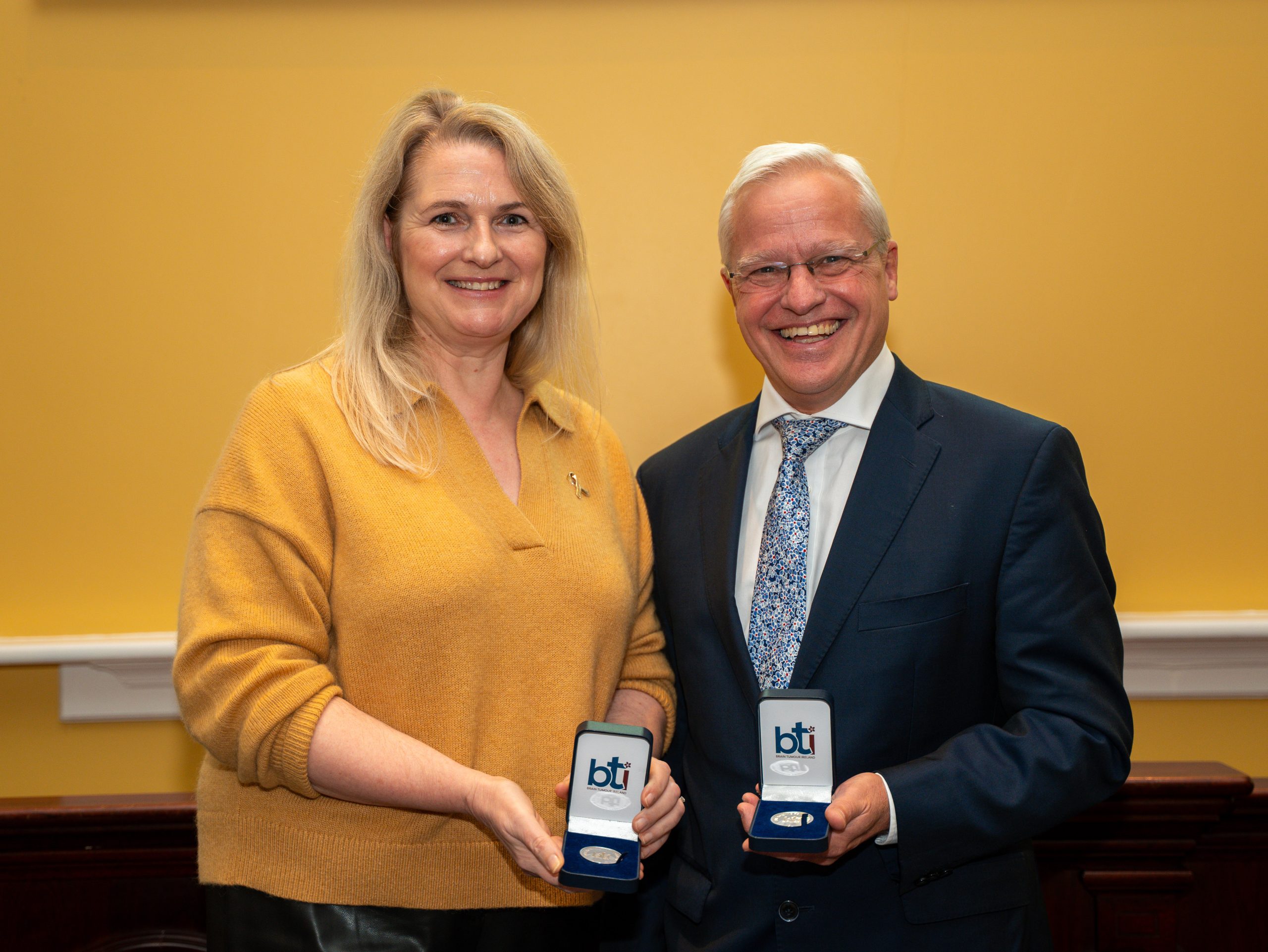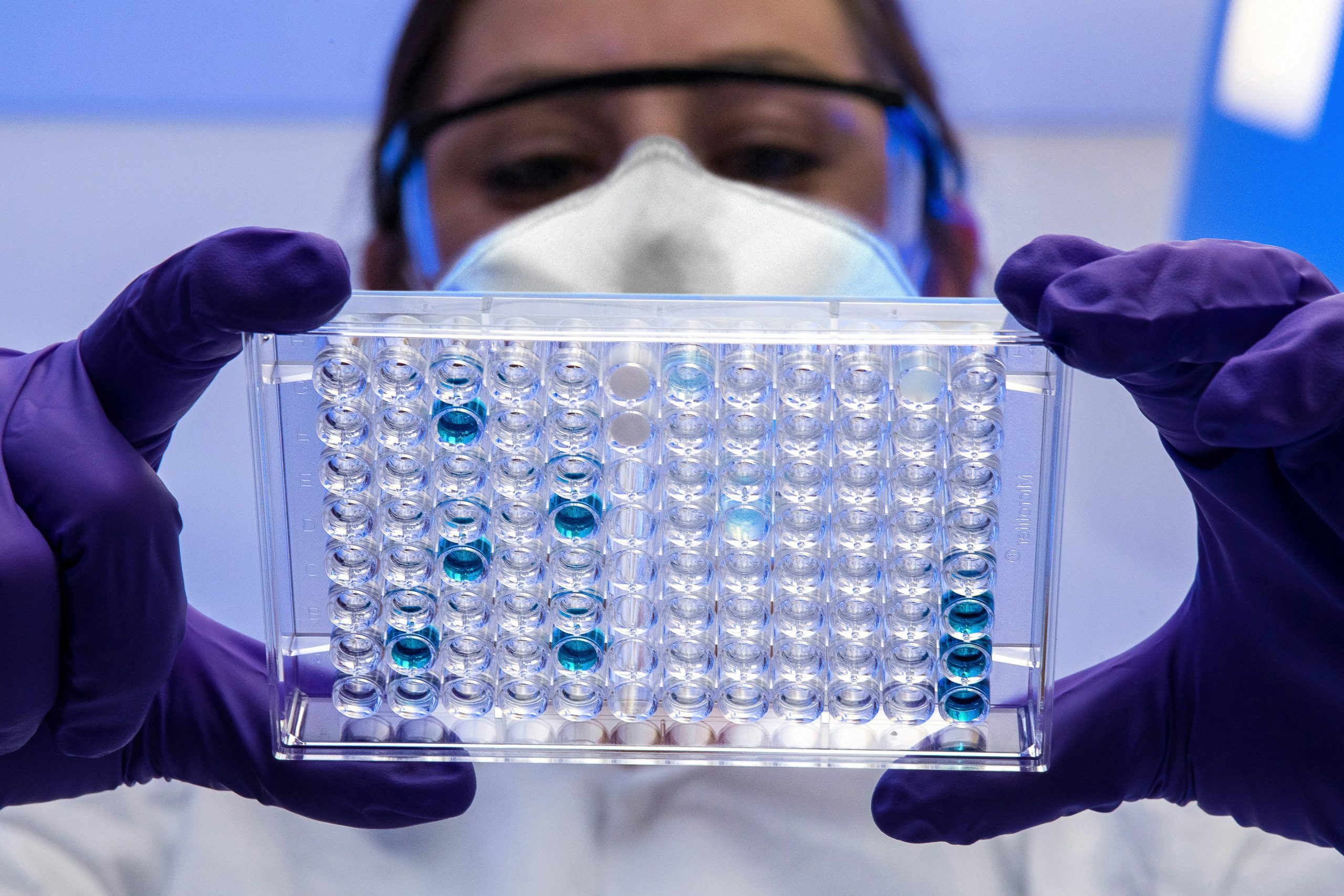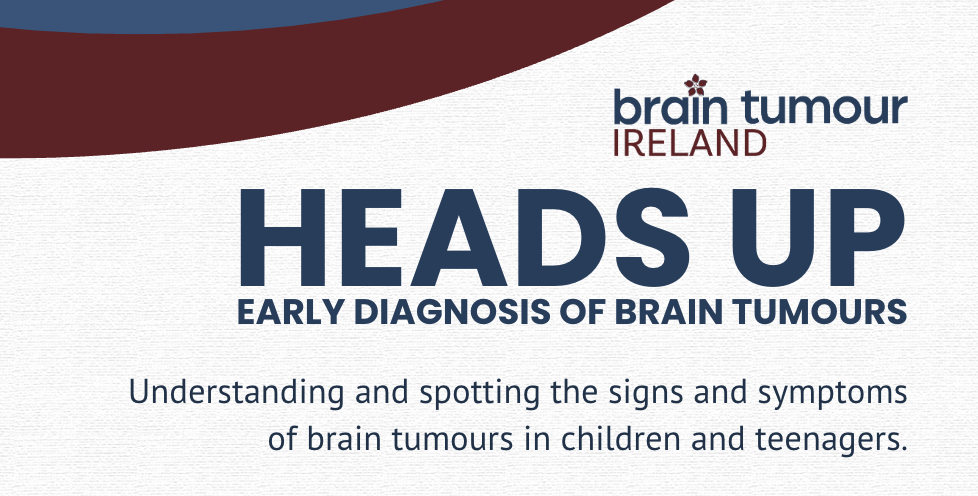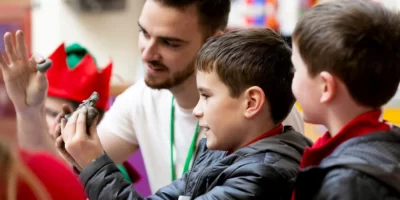Brain Tumour Ireland Support Groups
Patient & Family Groups (Face to Face)
First Wednesday of every month (next meeting is 4th February 2026)
7.30pm-9pm
SMA Parish Community Centre, Wilton, Co Cork, T12 AX94
Patient Group (Online)
Second Wednesday of every month (next meeting is 11th February 2026)
7.30pm-8.30pm
ONLINE
Family Group (Online)
Third Wednesday of every month (next meeting is 18th February 2026)
7.30pm-8.30pm
ONLINE
NEW: Bereavement Group (Online)
Fourth Tuesday of every month (next meeting is 24th February 2026)
11am-12.30pm
ONLINE
Stay up to date
The Ronnie Fehily Foundation
Brain Tumour Ireland was founded in 2012 by a small group of people caring for a family member who was sadly lost to a Brain Tumour, Ronnie Fehily.
Our logo is that of an almond blossom, which was Ronnie’s favourite flower.
As a national organisation our aim is to continue to fight the battle against the disease in her honour. Through Brain Tumour Ireland (The Ronnie Fehily Foundation) we hope to create a place where people can come for information, guidance and comfort. A place to learn what to expect and a community to provide support.
As a fully registered member of the Charities Regulator, Brain Tumour Ireland is compliant with all rules and regulations concerning fundraising, both online and traditional.
Read and download our three year strategy (2022-2024).
Brain Tumour Ireland
Registered Charity Number: 20102128
CHY Number: 20506


What is a brain tumour
A brain tumour is defined as an abnormal growth of cells within the brain or the central spinal canal. A brain tumour may be either malignant or benign.
Malignant brain tumour
When a brain tumour spreads within the brain, it is called malignant. Malignant brain tumours contain cancer cells and can press down on different areas of your brain and cause symptoms. A malignant tumour can be either primary or secondary.
Primary brain tumours are tumours that start in the brain and have not spread there from somewhere else in the body. They can be either malignant or benign.
Secondary brain tumours are tumours in the brain that have occurred because cancer cells from a cancer in another part of the body have spread to the brain i.e. they are always malignant. Your doctor will be able to tell you if your brain tumour is a primary or secondary tumour.
Benign brain tumour
Benign tumours do not contain cancer cells. These are tumours that remain in the part of the brain in which they started and don’t spread into and destroy other areas of the brain. They also do not spread to other parts of the body. If a benign tumour can be removed successfully it should not cause any further problems.
However, sometimes it can be difficult to remove the tumour because of its position within the brain, or because the surrounding brain tissue could be damaged by surgery. Some benign tumours will regrow slowly and, if this happens, treatment with radiotherapy or further surgery may be needed.

Patient, Family & Bereavement Support Groups
If you feel you need to talk to someone or need advice, there are a number of people who you can contact including your GP, Public Health Nurse or the hospital Social Worker. Brain Tumour Ireland currently offers four support groups, three online and one in person, you can register for these here. Brain Tumour Ireland’s support groups offer a safe, confidential space for those who are affected by a brain tumour diagnosis to connect with others who truly understand. These are spaces that provide social and emotional support through shared experiences, helping our community to feel less alone as they navigate their journey. It’s a space for listening, sharing, and supporting one another.
Please contact us here or please call 085 721 9000 (Mon to Thurs) for information, or 083 478 2341 (Monday to Wednesday morning) for support queries.



